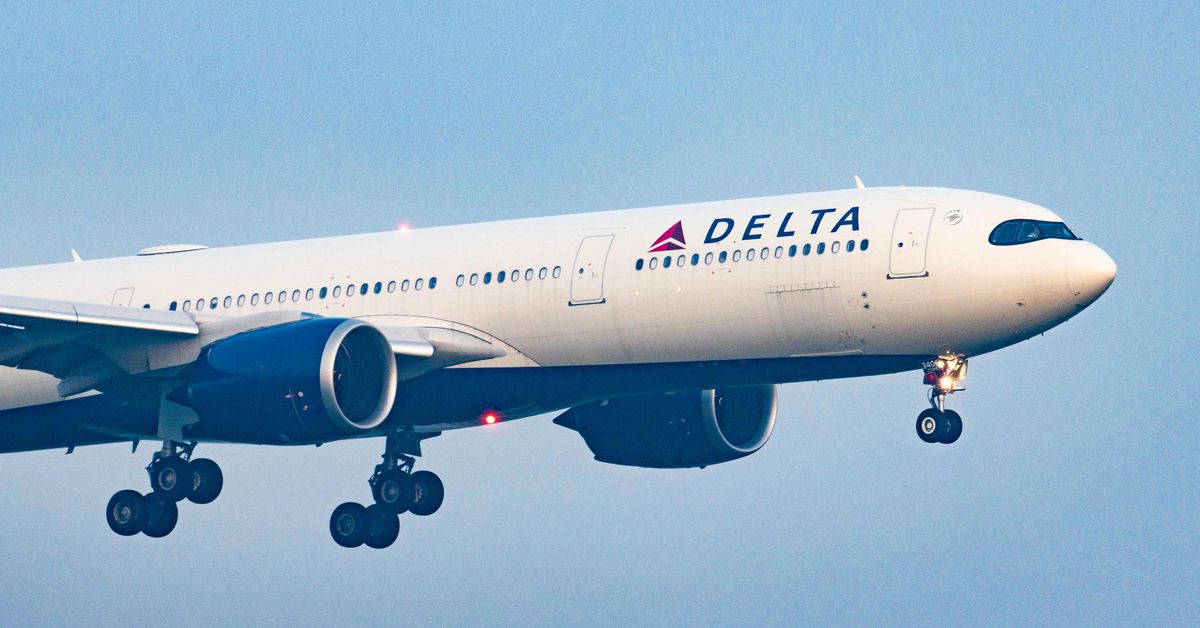
In two memos sent to employees by Delta Airlines this week, the airline stated that it had asked its competitors to share their no fly lists to prevent passengers from disrupting flights.
According to the Federal Aviation Administration, it has received 4,385 complaints of passengers acting unruly since January 1, but does not have the power to prosecute criminals.
According to the FAA, these incidents are spread across different airlines.
A passenger on a May 24, 2012 flight from New York to Orlando was accused of throwing objects, including carry-on luggage, at other passengers. He also refused to sit down, lying on the ground in the aisle and refusing to get up. Then he grabbed a flight attendant by her ankles and put his head up her skirt.
A passenger was accused of interfering with crewmembers on a May 16th flight between New York and San Francisco. He also allegedly made non-consensual contact with another passenger, throwing a card at him and threatening to harm him; making stabbing gestures toward certain passengers; and smoking what appeared to be cocaine out of a plastic bag. The cabin crew confiscated the bag.
A passenger on a flight from Boston to Orlando on April 12th was accused of interfering with crew members after refusing to adhere to the facemask directive. On her way to the lavatory, she also shouted obscenities at crew members and intentionally bumped into another seated passenger. She punched the passenger in her face when the seated passenger protested.
The FAA proposed fines of between $29,000 and $45,000 for the passengers involved in these incidents.
Delta sent its memos directly to employees on the same day as representatives from the airline industry participated in an air rage hearing before Congress. They asked Congress to encourage the Department of Justice take more severe measures against passengers who are disruptive, including criminal indictments. Federal crimes like interfering with flight crew on an aircraft can result in a maximum sentence of 20 years imprisonment.
